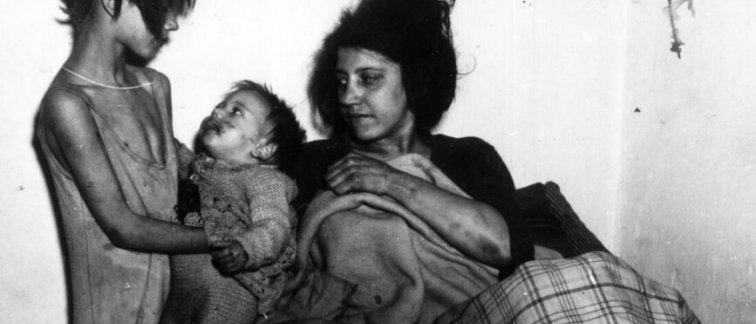The Dutch Famine Birth Cohort Study is an ongoing study investigating the effects of exposure to the 1944-1945 wartime famine in utero on health. It uses the birth records of a unique group of men and women born around the time of the famine in the Wilhelmina Gasthuis in Amsterdam, the Netherlands. The study has shown that a poor start in life has lasting consequences for later health. It also showed that the effects of famine exposure depended on its timing during gestation, and the organs and tissues developing at that time.
Those exposed to famine in early gestation had smaller brain size, poorer cognitive function, as well as increased rates of cardiovascular disease and the women more often had been diagnosed with breast cancer. Prenatal famine exposure affected later health, independent of size at birth. This suggests that exposures in early life can affect later health without altering growth. Furthermore, there were indications that these effects were passed down to the next generation.
Current investigations focus on the aging process and whether prenatal exposure to famine increases vulnerability to later traumatic events.
Overall, this historical study has taught us important lessons about the fundamental importance of a good start in life and how human beings are sensitive to the very early environment in which they become who they are. This knowledge is currently used to study how the optimize peoples opportunities to develop to their full potential.



